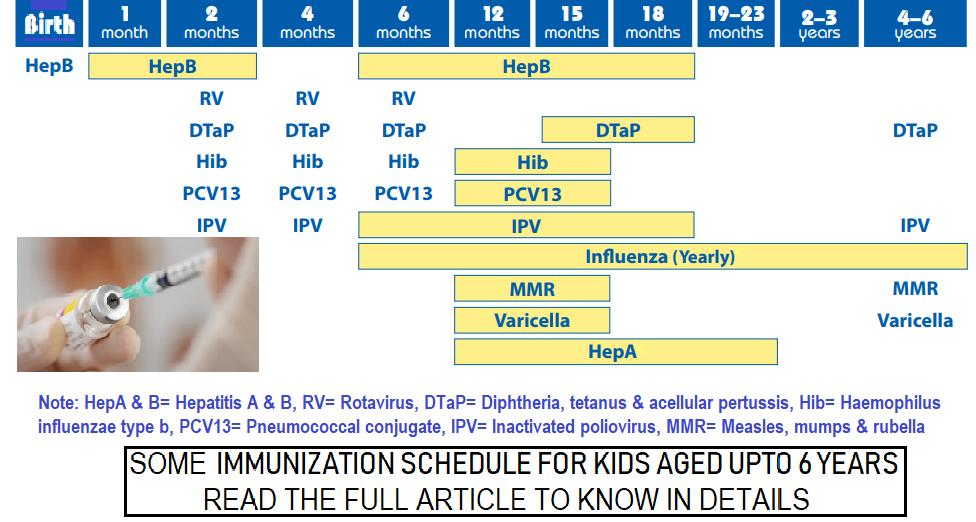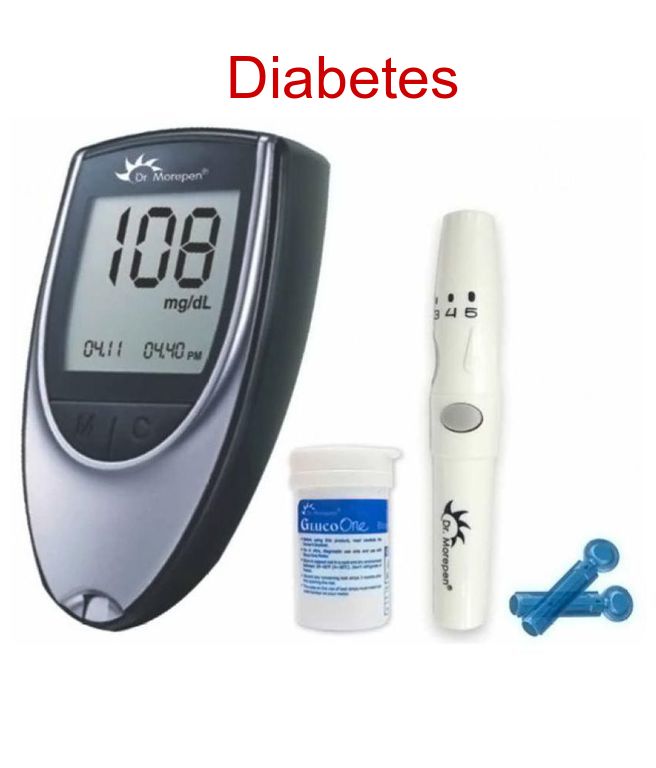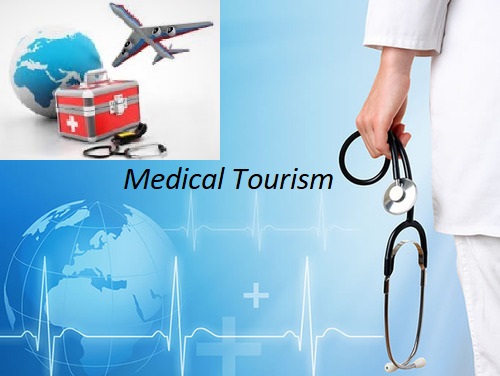Sexual transmitted disease(STD)
Sexual transmitted disease (STD) or Sexually transmitted infections (STI) referred to as sexually transmitted infections, transmission of an infectious organism between sex partners. Maximum STD disease is easy to treat and cure, visit doctor immediately if you have. If untreated, STDs can increase your risk of acquiring another STD & other. STD acquired before or during pregnancy may result in poor outcomes for the baby. Sometime STD may cause problems to get pregnant.
Spreading of disease:
Who is having any STD infection they can only spread the infection, through any sexual activity & other. Depending on the disease, the infection can be spread through any type of sexual activity involving the especially vaginal intercourse, sex organs, the mouth, the anus; an infection can also be spread through contact with blood during sexual activity etc.
STDs also spread easily because you can’t tell whether someone has an infection. These diseases are some of the most infectious diseases but do not have any symptoms initially. In fact some time, in STDs they don’t have any symptoms, they even don’t know that they have them & sex partner gets the infection at the time of sexual activity. Lots of sex partners & unprotected sex is most common cause this disease. So be aware about this.
Discussion on some sexually transmitted diseases:
Chlamydia- Chlamydia is a common STD that can lead to infertility if left untreated. It clears up quickly with antibiotics. But it often goes unnoticed because symptoms are vague or absent. Chlamydia can also infect the rectum and throat.
Symptoms:
-Painful at time of urination
-Lower abdominal pain & Testicular pain in men
-Pain during sexual intercourse in women & Men
-Vaginal discharge in women
-Bleeding between periods in women
-Discharge from the penis in men
Syphilis – Syphilis is a bacterial infection, spread by contact with open sores (usually during sex). If disease is untreated it can cause serious health problems, including brain & nervous system damage even death. If early action is taken, syphilis can be cured with antibiotics.
Early symptom may include chancre, a small, painless, firm sore in or around the vagina or penis or mouth or anus. This can be followed by rash on the body that is particularly noticeable on the palms of the hands or soles of the feet. Other, less common signs and symptoms may include fever, swollen lymph glands, headaches, sore throat, weight loss, muscle aches, patchy hair loss, and fatigue.
Gonorrhea- Gonorrhea spreads easily and can lead to infertility in both men and women, if untreated. Antibiotics stop the infection. The first gonorrhea symptoms generally appear within 10 days after exposure.
Symptoms: Common symptoms are burning during urination and discharge, but often there are no early symptoms. Later, the infection may cause skin rashes or spread to the joints and blood.
Symptoms In Men: Discharge from the penis, swollen testicles, Painful at time of urination.
Symptoms In Women: Vaginal discharge, pelvic pain, Painful at time of urination, spotting, heavy menstrual bleeding or bleeding between periods. Symptoms may be mild and are easily confused with a urinary tract or vaginal infection.
Chancroid– It causes genital sores for men & women, that can spread the bacteria from one person to another. It is transmitted through sexual contact. Antibiotics can cure the infection.
Symptoms in Men: Painful bumps on the penis that may develop into pus-filled open sores, pain in the genitals, ulcer may bleed.
Symptoms in Women: Painful bumps in the genital area that can develop into open sores, ulcer may bleed, swollen lymph nodes.
Crabs (Pubic lice)- “Crabs” is the common term for lice, insects that found in genital area pubic hair. The term comes from the shape of the tiny parasites, which look very different from head or body lice. The most common way to acquire pubic lice is through sexual intercourse or in contact. Pubic lice can be killed with over-the-counter lotions.
Symptoms: Intense itching, irritation, tiny eggs attached to pubic hair, or crawling lice.
Crabs (Pubic lice)
Genital herpes- It is caused by the herpes simplex virus (HSV). It’s probably caused by a type of herpes virus called HSV-1. This virus is usually not an STD; it spreads easily among household members or through kissing. It also can be spread to the genitals through oral or genital contact from an infected person. It commonly spreads through saliva, semen & vaginal secretion. Though there is no cure, drugs can shorten or prevent outbreaks. Most cases of genital herpes are caused by infection by the herpes simplex virus type 2.
Signs and Symptoms: Causes cold sores or “fever blisters” on the lips, painful blisters (fluid-filled bumps). Small blister or sores on the genitals are also possible, mild fever.
Genital warts- Genital Warts (HPV): You don’t have to have sex to get an STD. Skin-to-skin contact is enough to spread HPV, the virus family that causes genital warts. Some types cause warts and are usually harmless, but others may lead to cervical or anal cancer. Vaccines can protect against some of the most dangerous types.
Signs: Gary or flesh-colored warts that are raised, flat, or shaped like cauliflower genital area and anal region for men & women. For men it can be seen in penis, scrotum, groin, thighs, inside or around the anus. For women inside of the vagina or anus,outside of the vagina or anus, cervix. It’s often there are no symptoms.
Hepatitis B- Hepatitis B is by a virus that can cause severe liver damage. It spreads through contact with blood and other body fluids. People can be infected through sex, by birth, needle. There is no cure, but drugs can keep the virus in check. There’s also an effective vaccine to prevent hepatitis B.
Symptoms: People may develop Mild fever, headache, nausea, belly pain, dark urine and a yellowing of the skin or eyes with acute infection. Chronic infection can lead to liver cirrhosis and liver cancer. Many people have no symptoms for years.
Human immunodeficiency virus and acquired immunodeficiency syndrome (HIV and AIDS)– Most HIV infections do not have any symptoms. A person infected with HIV can remain healthy and symptom-free for many years. If HIV leads to AIDS, serious symptoms The HIV virus weakens the body’s defense against infections. HIV spreads through unprotected sex, needle sharing, or by birth from mother. To know in details about HIV & AIDS- CLICK HERE
Early symptoms of HIV Infection: Many have no symptoms, but some people get temporary flu-like symptoms one to two months after infection: swollen glands, headaches, fever and fatigue. Rash, Canker sores in the mouth can occur, night sweats and blurred vision.
Human papillomavirus (HPV)- It is one of the most common STDs. The infection spreads through oral sex and genital to genital contact. Many types of HPV do not cause any major health problems. In some cases, the HPV infection may result in cervical cancer, genital warts and other HPV related cancers. The types of HPV that cause warts do not cause cancer, but they can be higher risk factor of cancer. The infected person may not show the symptoms until advanced stage.
Trichomoniasis (parasitic infection)- Trichomoniasis is caused by a parasite that spreads during sexual contact. Trichomonas vaginalis, trichomoniasis is a common STI. It can be cured with prescription drugs.
Signs and Symptoms in Men: Most men have no obvious symptoms. Some develop a mild discharge or slight burning during urination.
Signs and Symptoms in Women: Women may develop a yellow or green discharge with a bad odor, vaginal itching, or pain during sex or urination. Symptoms usually begin five to 26 days after acquiring the parasite.
Pelvic inflammatory disease (PID)- Pelvic inflammatory disease (PID) is an infection of the upper part of female reproductive organs. Not an STD itself, pelvic inflammatory disease (PID) is a serious complication of untreated STDs, especially chlamydia and gonorrhea. It usually occurs when sexually transmitted microbes spread from your vagina to your uterus, fallopian tubes and ovaries. Prompt treatment is essential to prevent damage to a woman’s fertility.
Signs and Symptoms: Lower abdominal pain, fever, painful intercourse, painful urination, unusual discharge with strong odor, fever & sometime chills. However, there are often no warning signs.




0 Comments